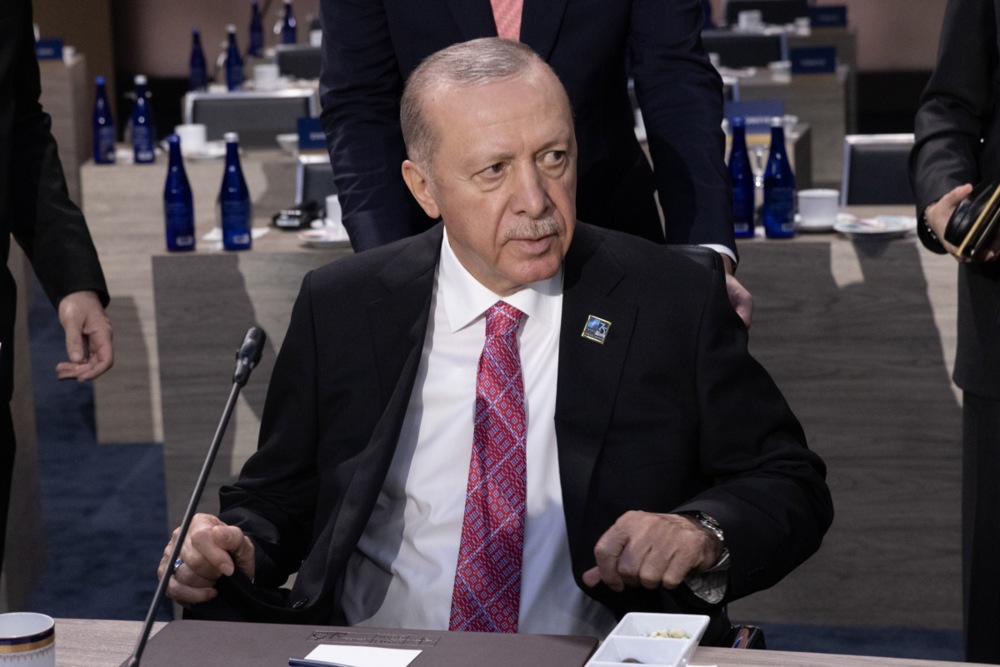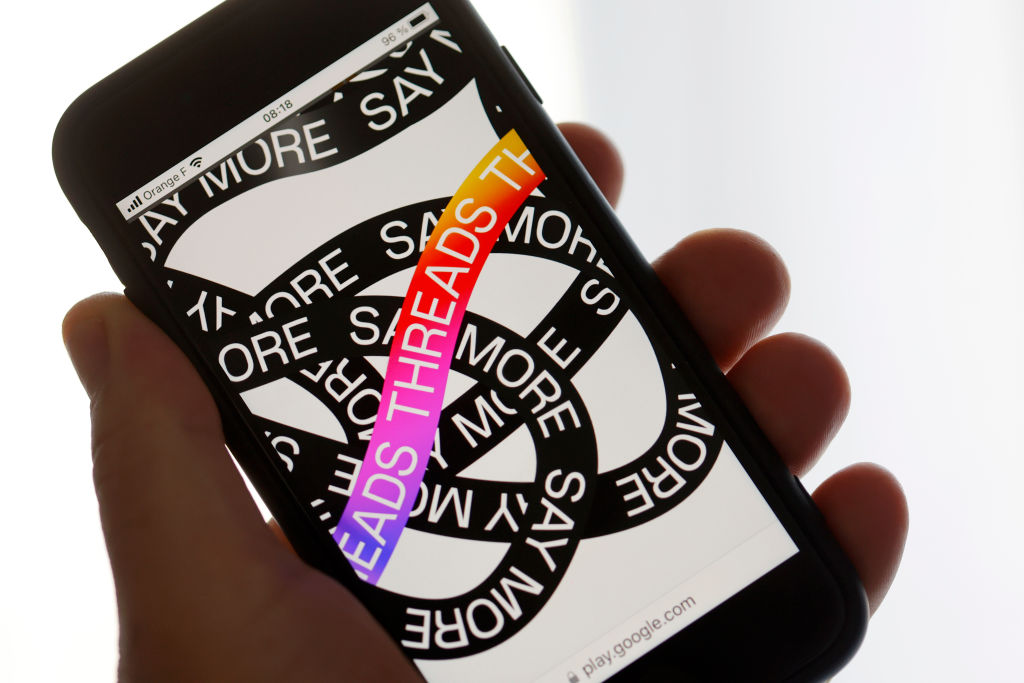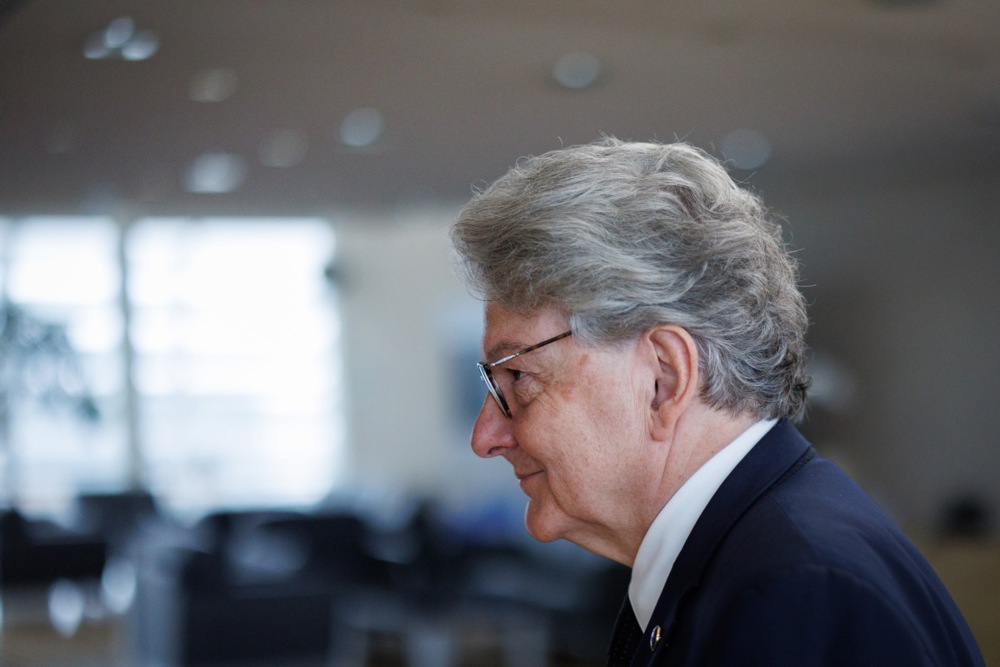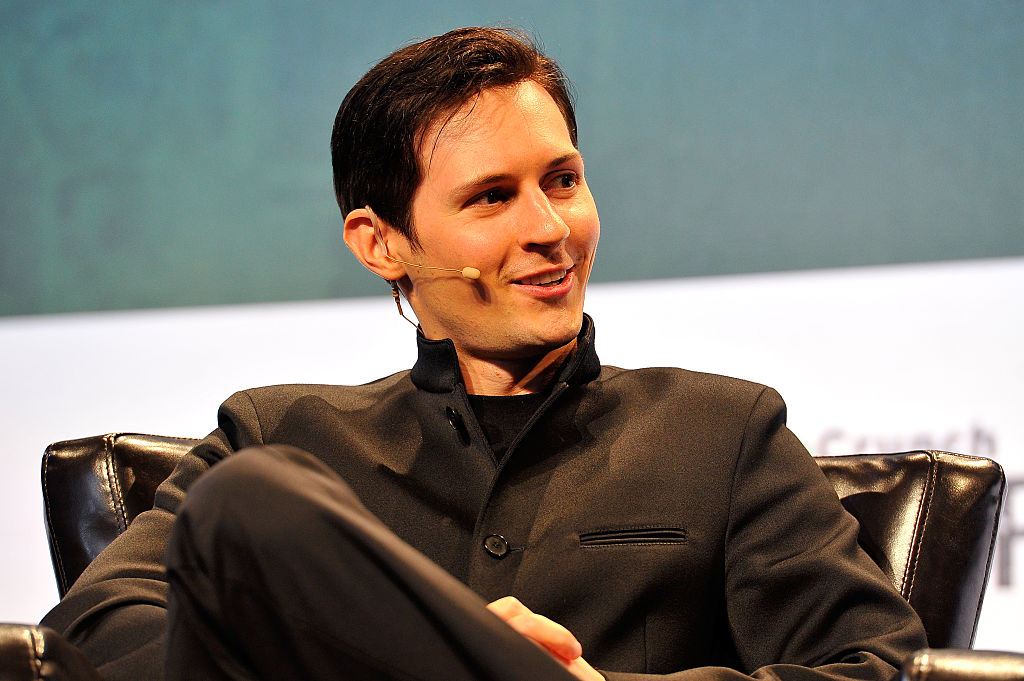Meta has announced it will bar Russian state media outlets including RT and Rossiya Segodnya from using its Facebook, Instagram, and WhatsApp services.
“After careful consideration, we expanded our ongoing enforcement against Russian state media outlets,” Meta said in a statement September 17.
“Rossiya Segodnya, RT and other related entities are now banned from our apps globally for foreign interference activity,” Mark Zuckerberg’s company added.
The EU, UK, US, and Canada have already banned Russian media outlets including RT and Sputnik, as part of Western sanctions against Russia following the country’s invasion of Ukraine in 2022.
Russian state media had carried influence operations and evaded detection on Meta’s platforms, said the company.
It would begin enforcing the bans in the coming days, the Menlo Park-based technology conglomerate announced.
Meta had already limited the reach of posts by Russian state media on its platforms.
Elon Musk’s social media platform X, on the other hand, still allowed RT accounts to post, except in countries that banned the Russian outlet.
Musk argued his own platform followed a policy more devoted to free speech.
RT’s editor-in-chief Margarita Simonyan said in February that Ukraine’s allies were “all so jumpy because public opinion in the West is changing, very rapidly and very cheerfully.”
The change in Western public opinion was largely due to Russia’s “covert projects”, said Simonyan.
US Secretary of State Antony Blinken said September 13 that RT engaged in covert influence operations and collaborated closely with the Russian military.
These actions interfered with “the sovereign affairs of countries around the world”, said Blinken.
“Today, we’re exposing how Russia deploys similar tactics around the world,” added Blinken, and Russian “weaponisation of disinformation to subvert and polarise free and open societies extends to every part of the world”.
RT expanded its capabilities early last year, with Russia’s government enhancing its “cyber operational capabilities and ties to Russian intelligence,” the US State Department said in a press release.
Meta’s ban followed revelation of a Russian scheme that allegedly funnelled $10 million through shell companies to covertly fund influence campaigns on TikTok, Instagram, X, and YouTube, according to an unsealed indictment.
The scheme was linked to RT, said prosecutors.
“RT has pursued malign influence campaigns in countries opposed to its policies, including the United States, in an effort to sow domestic divisions and thereby weaken opposition to Government of Russia objectives,” they said.
Since 2016, American authorities have accused Russia of interfering in US presidential elections.
While the US asked other governments also to take action against Russian state media, India declined to do so.
A government official in New Delhi told The Hindu the dispute “does not pertain to India”.
“This will be viewed as double standards by the Global South that they are trying to target. India will obviously not be responsive to such American pressure,” said former Indian ambassador to Russia Kanwal Sibal.
For Russia’s part, Margarita Simonyan said in the West, “freedom of speech only applies to those who support official narratives and obey instructions from its intelligence services.”
The latest attack on Russian media “is a clear effort to clamp down on the information space ahead of the November vote”, she wrote in a Russia Today op-ed.
“They need to silence everyone. This is the story of freedom and democracy in the so-called free West,” Simonyan argued, who called the claims her outlet collaborated with Russian intelligence “a classic case of projection.”
“The idea that you can’t achieve results without being part of the intelligence service has exposed them for what they are”, she said.
Maria Zakharova, Russia’s foreign ministry spokeswoman, said the new sanctions against her country’s media were “repressions unprecedented in scale”.





